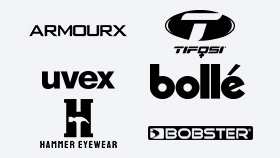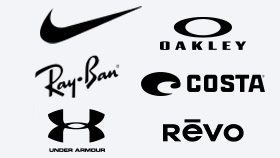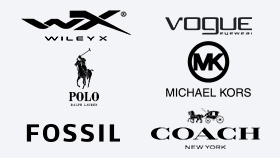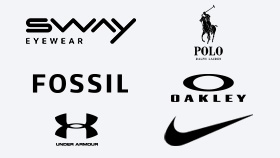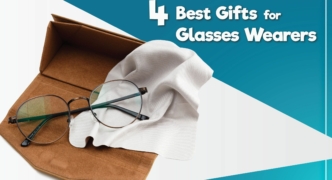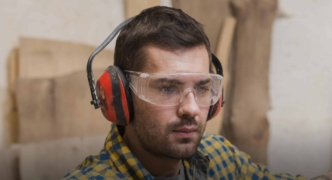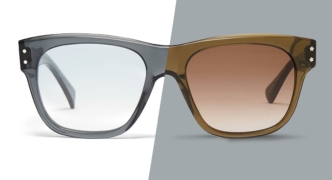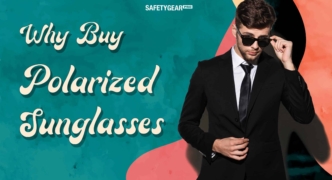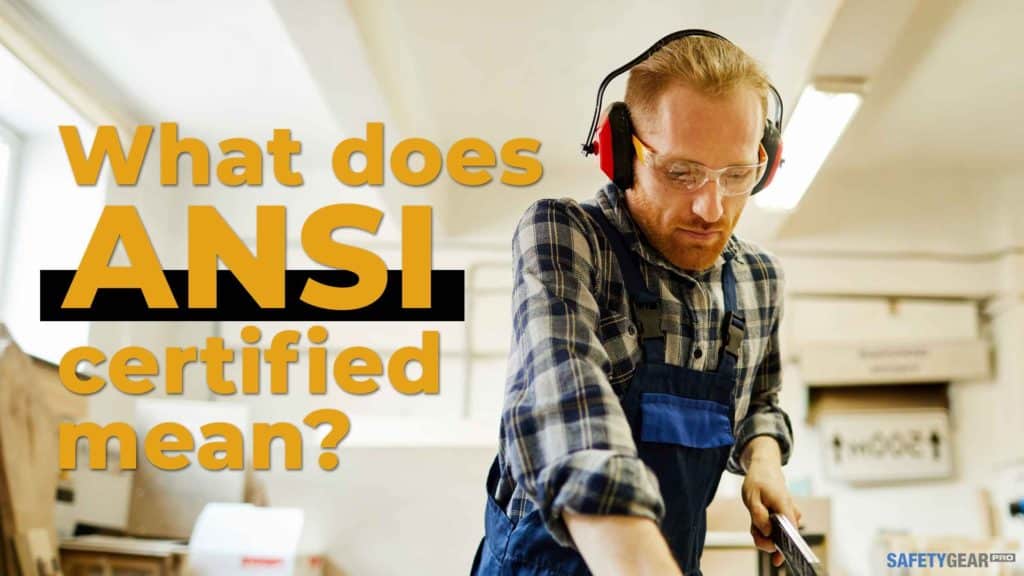
The American National Standards Institute is a non-profit organization that sets standards for an array of consumer and workplace goods. Although the standards can cover any product characteristic, many of them relate to safety. For eye and face protection, the relevant standard is ANSI Z87 1. ANSI certified glasses meet this standard.
In most cases, ANSI standards are voluntary for the business producing the product or service. However, the Occupational Safety and Health Administration has adopted some ANSI standards including Z87 1 for its regulatory needs. Unlike ANSI, OSHA creates mandatory rules for businesses. Therefore, in the workplace, ANSI safety glasses are required in many circumstances.
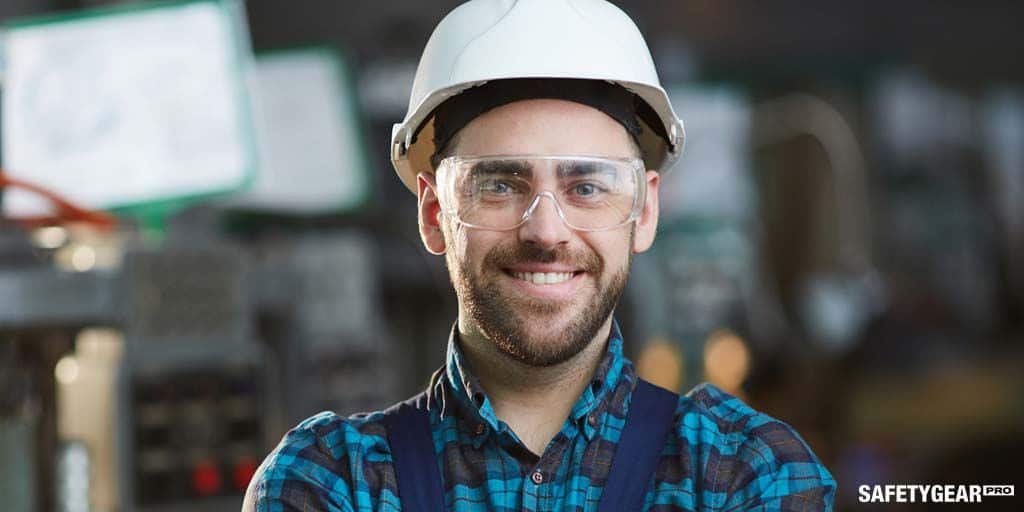
What Are the Requirements?
As you may expect, the rules for ANSI certification are complex. The safety glasses must meet numerous basic guidelines. They also must undergo a testing process to ensure they provide sufficient protection.
In general, the document lays down some hazards that the glasses must be effective against. These are some of the most common hazards that necessitate safety glasses:
- Fine particles such as dust and dirt
- Splashes and droplets
- Fumes
- Optical radiation
- Blunt impact
ANSI safety glasses do not need to be able to protect against all these hazards. Instead, they can be certified for specific types of protection under the standard. Therefore, ANSI-certified glasses may be impact-resistant but not splash-resistant. They must be clearly marked to show with which parts of the Z87 1 standards they comply.
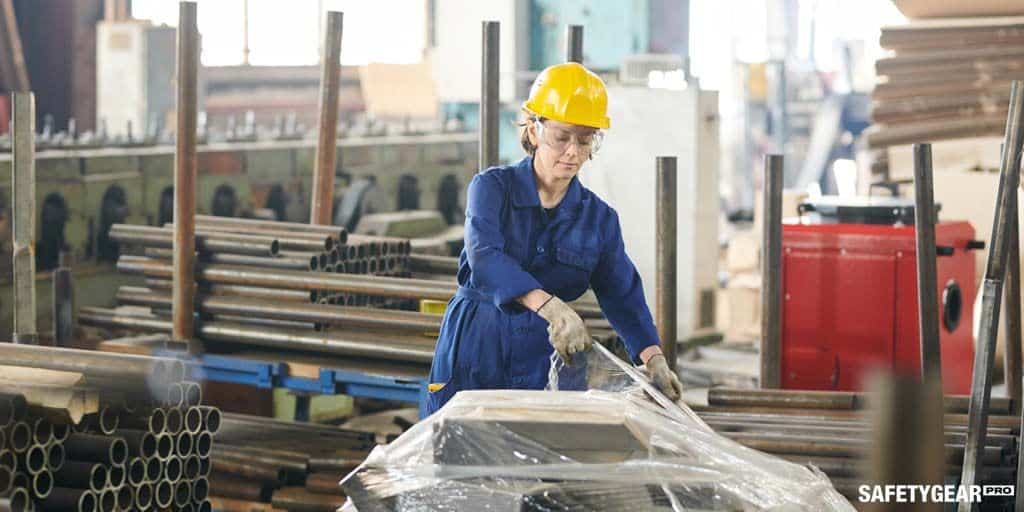
How Are They Tested?
The testing process varies depending on which forms of protection the producer wants to certify the glasses for. Impact resistance is tested by launching a projectile at the glasses. For optical radiation, the lenses are exposed to a source of radiation and the filtration is measured on the wearer side of the glasses. Splash, fume and fine particle protection are tested by exposing the glasses to corrosive and flammable substances.
What Are the Different Versions?
If you have shopped for safety glasses, you may have seen that ANSI certification also includes a year. The standard was first introduced in 1989 and has been updated several times since including in 1998, 2003, 2010 and 2015.
OSHA does not yet require compliance with ANSI Z87 1-2015. However, it does require that workplace eye and face protection comply with the earlier revisions. Nonetheless, OSHA considers the 2015 standard to also be acceptable.
ANSI Z87 1 Safety Glasses FAQs
What Do the Markings on My Glasses Mean?
The markings indicate which parts of Z87 1 a pair of safety glasses complies with. For example, a pair may be marked as “Z87+ L8 D3 D4.” In this case, the “Z87” indicates certification, the “+” means that the glasses are impact-rated, the “L8” represents that optical radiation filtering, the “D3” indicates the splash protection and the D4 represents that dust protection level.
Can I Get Prescription ANSI-Rated Glasses?
Yes, Safety Gear Pro offers prescription safety glasses using ANSI-rated polycarbonate lenses. If you need corrective lenses, ordering safety glasses with your prescription is a great option. It will help keep your eyes safe while ensuring clear vision.
Are ANSI-Rated and Certified Different?
No, these two terms are used interchangeably. Additionally, some manufacturers may say their glasses are ANSI-listed. Again, this indicates that they have been tested and certified. However, ANSI-compliant glasses have not been tested officially. Instead, the manufacturer just claims to have followed the standard.
Are There Other Safety Glasses Standards?
Yes, there are many other safety standards for glasses. They include ASTM, CSA Group, U.S. military standard and a European Union standard. These all have unique rules but generally set similar requirements. Every product of Safety Gear Pro has its ratings listed on the product page.
Do I Need ANSI Certified Glasses?
Using ANSI-certified glasses is required in the workplace for activities involving eye and face hazards. These must be provided by the employer. Otherwise, using them is not required. However, it is a good idea to protect your eyes no matter what you are doing. ANSI-certified safety glasses are reliably effective.



